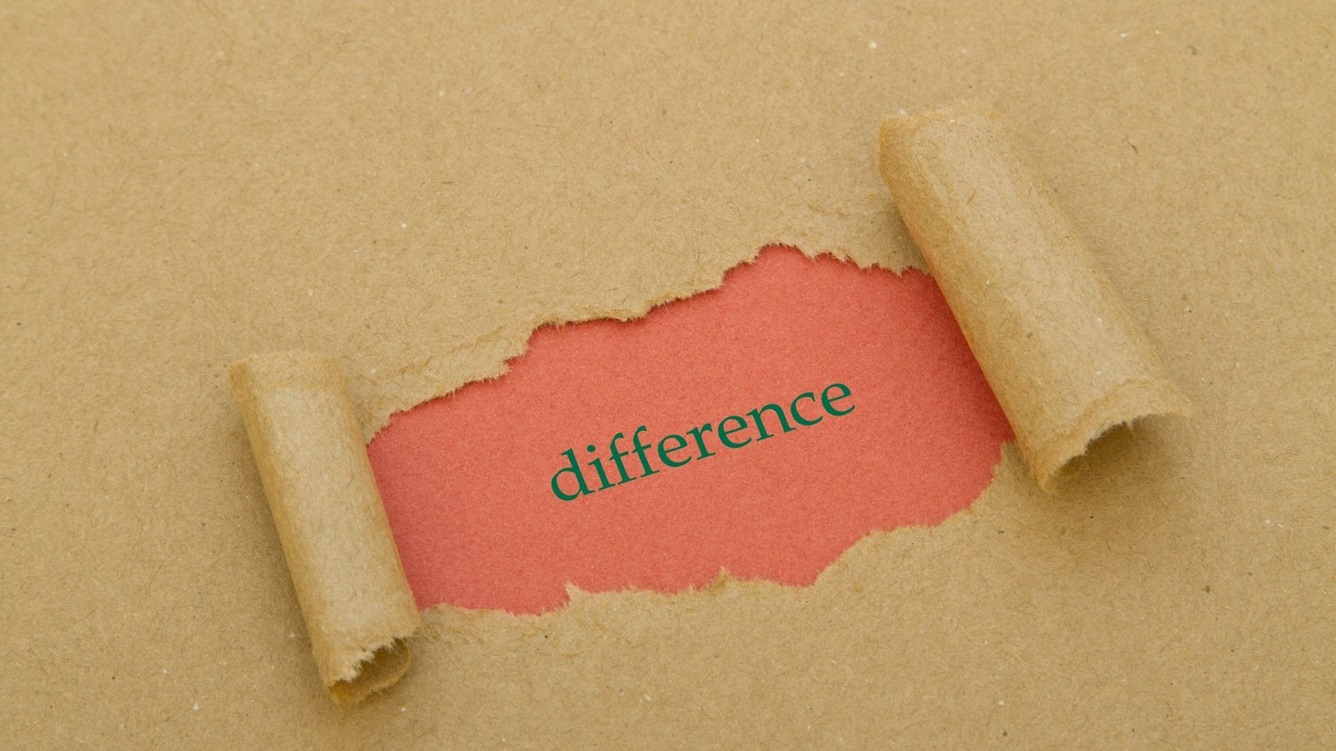A space meant for storing cars and bicycles; the garage often becomes a catch-all for items that have outlived their usefulness. But what if the treasures buried under layers of dust could be turned into tangible cash?
Tackling garage clutter not only frees up valuable space but also offers a potential financial win. Whether you’re looking to fund a new hobby or simply clear out the cobwebs, learning how to efficiently declutter your garage will provide both organization and unexpected income.
Set Up an Efficient Garage Sale
Once items have been sorted, a garage sale can be an effective way to sell them to eager buyers. Choose a date that doesn’t conflict with local events to maximize attendance. Advertising your sale through social media, local classifieds, and community boards can significantly boost turnout.
Make sure to display items attractively to catch the eye of potential buyers, and don’t forget to price items reasonably to encourage sales. Preparation is key to a successful sale. Ensure you have adequate change and that items are clean and in good condition.
Contact Scrap Metal Buyers
For those with old appliances or metal tools, reaching out to scrap metal buyers can be a profitable option. Metals like aluminum, copper, and steel often fetch a good price. Contact local scrap yards to inquire about prices and accepted materials.
While it might require some research to find the best deal, selling scrap metal can add up to a substantial amount of cash. Ensure items are sorted and cleaned before taking them to the buyer. Removing non-metal parts can increase their value.
This environmentally-friendly option not only declutters your space but also promotes recycling.
Consider Consignment Shops
If you own items with higher value, such as designer clothes or unique furniture, consignment shops can offer a worthy return. By partnering with a consignment shop, you allow them to sell your goods on your behalf.
Research local consignment shops to ensure they cater to the type of items you wish to sell. Each shop may have different terms, so understanding commission rates and sale prices is essential. The professional setting of a consignment shop can attract buyers willing to pay premium prices for quality items.
Donate for Tax Deductions
Donating items to charitable organizations is an excellent alternative for goods that don’t sell. Not only does it support your community, but it also provides a tax deduction benefit. Keep a detailed record of donated items and request a receipt from the charity, as this will be necessary for tax purposes.
Choose a charity that aligns with your values to ensure your donation makes an impact. This feel-good approach declutters your home while supporting those in need, proving that generosity pays off in more ways than one.
Recycle or Properly Dispose of Unsellable Items
Items that can’t be sold or donated should be recycled or disposed of responsibly. Local recycling centers often accept a variety of materials, from paper to electronics, ensuring they don’t contribute to landfill waste. Proper disposal not only cleans your space but also aids in environmental conservation.
Research community recycling programs or waste disposal events that may exist in your area. Many areas offer free or low-cost services for hazardous materials.


